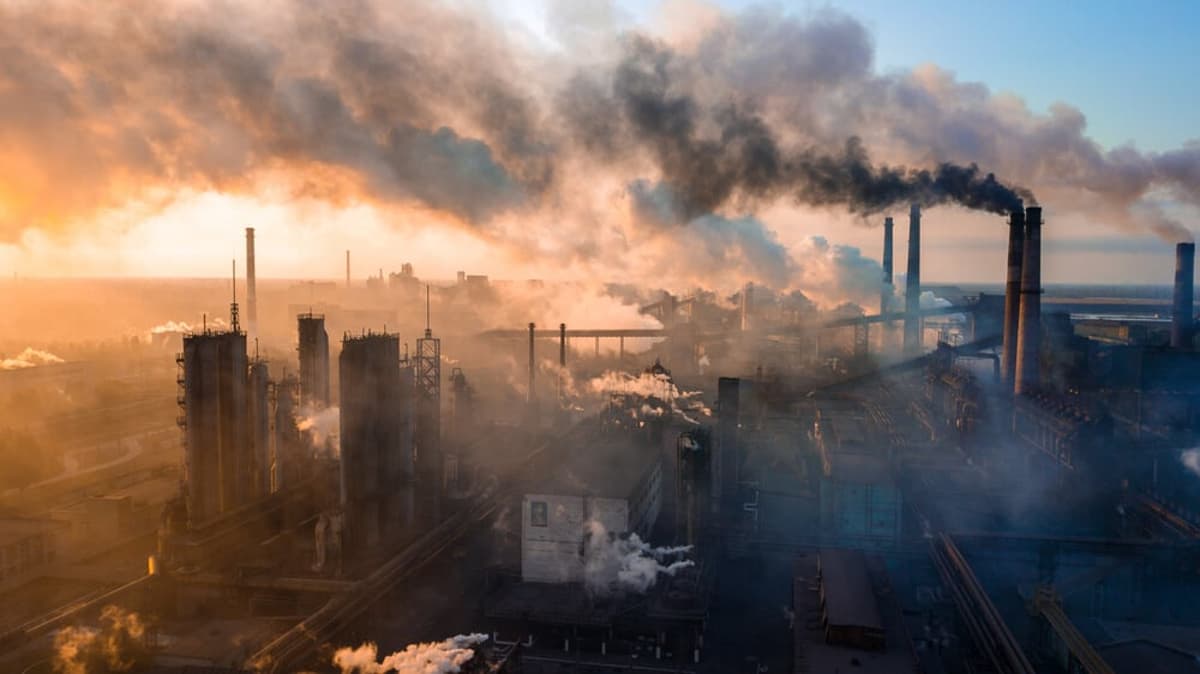South Korean Companies to Pilot Carbon Capture Technology for Steel and Chemical Industries
Key Ideas
- Posco Holdings and LG Chem are collaborating on a pilot project to convert CO2 from steelmaking into synthetic gas for industrial use, a key step in advancing carbon capture technology.
- The project aims to utilize dry methane reforming to produce syngas, which can serve as a reducing agent in steel production and a feedstock for chemical manufacturing, contributing to carbon neutrality.
- South Korea's CCU Mega Project supports initiatives like this, focusing on reducing emissions in sectors like steel and petrochemicals, with demo projects set to run until 2030.
- While CCU technologies offer promise in reducing emissions, challenges such as scalability, energy intensity, and cost efficiency need to be addressed for successful industrial implementation.
South Korean steel manufacturer Posco Holdings and chemical company LG Chem have announced a partnership to pilot carbon capture and utilisation (CCU) technology at the Pohang steelworks. The project involves converting CO2 from steelmaking into synthetic gas through dry methane reforming. This synthetic gas, or syngas, composed of carbon monoxide and hydrogen, can be used as a reducing agent in steel production or as a feedstock for chemical manufacturing, including plastics and fuels.
The initiative is part of South Korea's national CCU Mega Project led by the Ministry of Science to advance CCU technologies in high-emission sectors such as steel and petrochemicals. The program supports pilot-scale projects that aim to convert captured CO2 into valuable industrial inputs.
The partnership between Posco Holdings and LG Chem is a significant step towards carbon neutrality, with plans for a design phase in 2026, construction in 2028, and demonstration operations until 2030. Other projects under the CCU Mega Project include GS Caltex's development of CO2-derived polyols at its Yeosu Industrial Complex.
While the use of CCU technologies shows promise in reducing emissions, challenges remain. The scalability, energy intensity, and cost efficiency of processes like dry methane reforming need to be addressed for successful commercial implementation. The steel sector's high CO2 emissions highlight the importance of such initiatives in transitioning to more sustainable production methods. The collaboration between Posco Holdings and LG Chem represents a crucial effort in driving the steel and chemical industries towards a greener, more sustainable future.
Topics
Projects
Renewable Energy
Technology
Sustainability
Partnership
Steel Industry
Carbon Capture
Chemical Manufacturing
CCU Mega Project
Latest News
